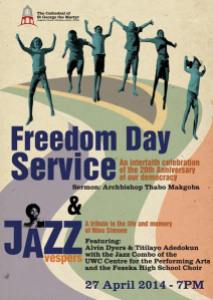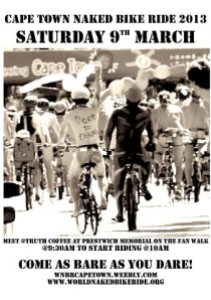Dear Minister Pandor,
Statement by DIRCO 30 October refers.
Judaism is a religion. It is also an ethnic and historical community. Our views as Jews are certainly not monolithic. There are many Jews who do not support war, or who find the politics of the Netanyahu administration reprehensible.
There are those who disagree with the status quo, and who nevertheless support the two state solution, those who support Israel and who also support Palestine, those who do not support either Israel or Palestine, and even those who may over-identify with the cause, and who are willing to support whatever occurs on account of their own claims against ‘Imperialism’ on behalf of the oppressed and so on. The saying goes, take two Jews and you will get three opinions.
It does not assist the situation to declare what South Africans must believe, whom we should support, and which organisation is representative of our views in this conflict.
And it certainly does not assist the cause of peace to platform the perspective of those who claim Jews are Infidels or Kufrs when they’re in the Middle East, and Haraam or forbidden when your department disagrees with their views?
Hard as this may seem, one cannot simply remove Zionists from the picture in the Middle East, and as a statement by your department released yesterday suggests.
Turning such persons as Zev Krengel of the Zionist Federation into Heretics, results in sanctions and censorship on the basis of ethno-religious identity, sanctions that are dangerously and scandalously progressing towards that of a modern religious inquisition — a persecution of belief, outlawed by our own secular constitution.
Let me be the first one to tell you that I find your department’s open threats of prosecution against those who support Israel’s ‘right to self-defense’ — a viewpoint held by the majority of leaders of the free world — in the absence of consensus on your own legal position — completely illogical given the circumstances of 7 October, and especially given the rights of free speech guaranteed by our constitution.
If persons such as Krengel have something to say, they should be allowed to say it in public. If their views are disagreeable, they should be debated and their views proven wrong, rather than closed down by government fiat or departmental proclamation.
Such an easy resort to a fatwa and threat of punishment are the hallmarks of totalitarian regimes, as they were the currency of the apartheid state and demonstrate quite amply why South Africans should be concerned about your recent trip to Iran and callous phone calls to various Iranian proxies in the Middle East.
Not only has your spokesperson made the astonishing claim of ‘repeated discredited information related to the beheading of children in Israel’ without bothering to attend the recent press briefing in which the first forensic reports were released to the public,(following Hamas live-streaming of its bloody mayhem), but you further confuse ’cause and effect’ by claiming: “This disinformation is part of the arsenal of dehumanisation tactics used to justify a ‘by any means necessary’ approach.”
Such a statement is immediately contradicted by the reality of Palestinian open support of ‘just war ‘ and ‘by any means necessary’ — policies long since advocated by Hamas, as a recent SABC programme aptly demonstrates.
The events disputed by your department are extremely troubling — the least of which is the lamentable loss of life experienced on both sides and especially the loss of life of innocent children, those who deserve our support.
Instead of compassion your spokesperson chose to weaponise the plight of Palestinian civilians — innocent persons who should not be political footballs nor sacrificial lambs. It is Hamas’ Ismail Haniyeh who has openly demanded the blood of these children for his revolutionary cause in pursuit of his “Final Battle”, while holding hostages, and continuing rocket attacks against civilians — action that risks drawing all nations into another World War.
We are a nation at peace, and no South African wishes war to become the order of the day. The cause of the Palestinian people and the rest of the world, is not served by your department authoring cant and issuing propaganda over what has occurred.
Sincerely yours
David Robert Lewis



